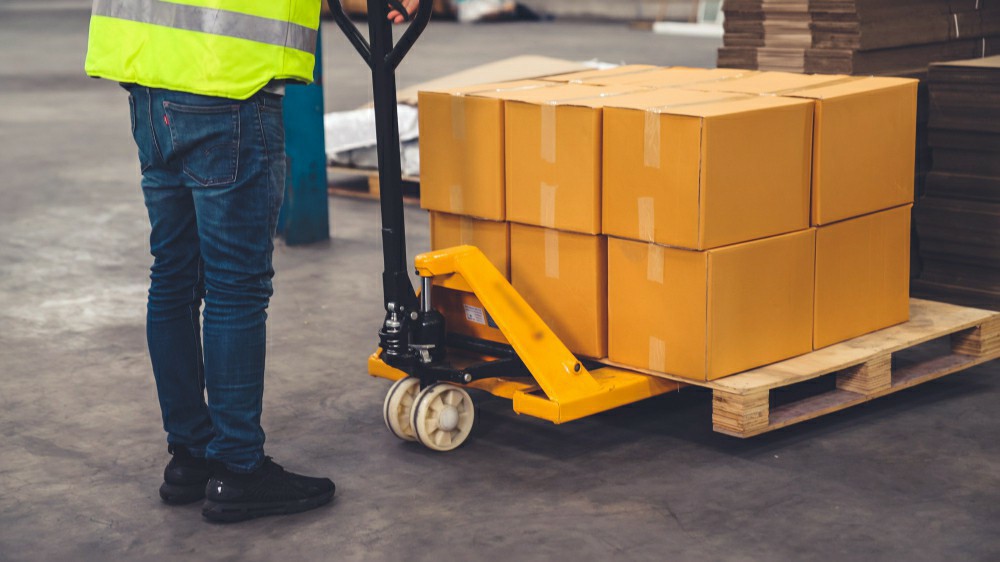


 349,500 Offered Certificates
349,500 Offered Certificates
 24/7 Online Training
24/7 Online Training
 Money Back Guarantee
Money Back Guarantee
 Fully Accredited Courses
Fully Accredited Courses

Created at: 28-11-2024 16:47
In the fast-paced environment of today’s workplaces, ensuring the safety and well-being of employees is paramount. One critical aspect of workplace safety is effective manual handling. This blog delves into the significance of accredited manual handling courses, the essential components covered in these courses, and how they contribute to a safer working environment.
Manual handling involves any activity requiring the use of physical force to lift, push, pull, carry, or otherwise move or support a load. It plays a vital role in various industries, from construction to healthcare. Proper training in manual handling significantly reduces the risk of injury, which can lead to costly workers’ compensation claims and decreased productivity.
Accredited manual handling training courses are designed to equip individuals and organizations with the knowledge and skills necessary to perform manual tasks safely. These courses comply with national and international safety standards, ensuring that learners receive the best training possible. Here are key components covered in an accredited manual handling course:
Investing in accredited manual handling safety courses has numerous benefits for both employees and employers, including:
In response to the evolving needs of today’s workforce, many training providers offer accredited manual handling courses online. This flexibility allows individuals to learn at their own pace and at times that suit their schedules. Online courses often include interactive elements such as quizzes, videos, and virtual demonstrations, making learning engaging and accessible.
Upon successful completion of an accredited manual handling safety training course, participants receive a certificate of completion. This certification process typically involves:
This certificate is vital for employees in various industries, serving as proof of their commitment to safety and compliance with health regulations.
Businesses and individuals can find accredited manual handling courses in Dublin, Cork, and Galway. Besides in-person training, the availability of online courses offers additional convenience—ensuring that everyone has access to essential knowledge on safe manual handling practices.
Investing in accredited manual handling training is not just a legal requirement; it's a proactive step toward creating a safer workplace. By understanding the risks associated with manual handling and learning safe techniques, employees can reduce injuries, enhance productivity, and contribute to a positive work environment. Booking your certified accredited manual handling course today is a step toward investing in health, safety, and compliance.
For more information on accredited courses and to book your training, visit Ireland Safety Training or contact us at [email protected].